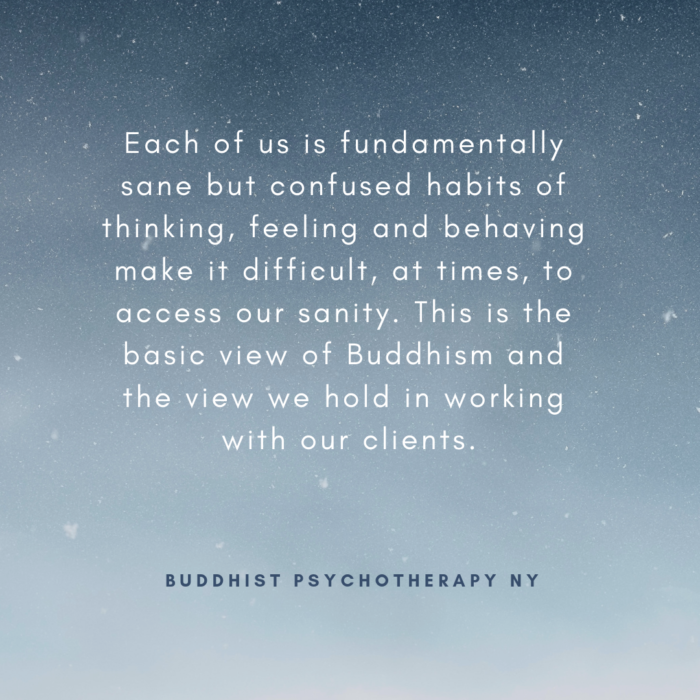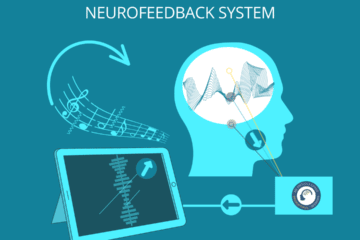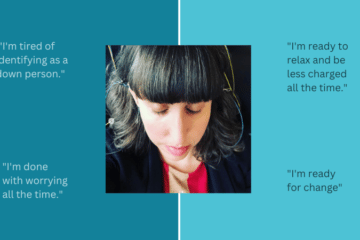People ask me from time to time “So what is Buddhist psychotherapy?” or “Do I have to be Buddhist to see you?” or “Do I have to meditate to work with you?”
The quick answer to some of those questions is, “No,” but the longer answers will be explored here as it relates to the therapeutic work I do and the Eastern and Western philosophies of mind, body, and heart that I am inspired by.
We are all informed by our life experiences
After being in school most of my life, I discovered there were teachings I was interested in beyond what I had learned in the classroom. Those teachings were of Western psychology and Easter Buddhism.
As I threw myself into both those studies, I was surprised again and again by how similar they were. Despite not saying exactly the same thing, they pointed towards the similar ideas of wholeness, healing, love, and growth.
I have found over the years that my meditation practice and study of Tibetan Buddhism have greatly impacted my life. Because a large part of my life is work, time and time again, Buddhist ideas have shown up for me and my clients in beneficial ways.
Buddhist Teachings and Therapy
The main Buddhist teachings that continue to be most present and helpful in my therapy practice are:
- Learning to love yourself (releasing from self-judgment and self-hate)
- Acceptance of what is happening now
- Awareness that change is happening all the time
- Opening up to the power of the present moment
Therapy is a very personal space, used differently by everyone. In my practice, working with children, teens, or adults, I hear again and again narratives of self-doubt, self-hate, self-judgment, and fear. Self-love, acceptance, awareness, and opening up to the present moment are all important and helpful aspects of my practice as I see it today.
Discussions of Western psychology, like the idea of Internal Family Systems (IFS) parts, work, of challenging defences, or somatic informed trauma practices happen in my office regularly. For instance, sometimes when a client is in pain, it can be helpful to identify that pain as a part, a depressed part or an isolated part. We can talk directly to that part or to other parts who protect it. This work allows the client to see and feel the complexity of their experience and make space to heal. In times like these, it is a Western psychological theory (IFS) that helps inform how that space is made for healing.
Discussions of meditation techniques, integration work following a retreat, or exploration of other Buddhist philosophies also happens in my office. For example, a few clients have expressed fears about going on a retreat or having their significant other go away on a retreat for a week or two. Conversations about what is coming up now and what might come up during the retreat can be very grounding and helpful for a client. Buddhist philosophies inform the retreat experience and also helps us to work with the feelings that come up in response to retreat during sessions.
As if they were in a dance, ideas from both Western psychology and Buddhist philosophy weave in and out of the work I do with each client.

How To Explore Buddhist Teachings and Psychotherapy Further
If Buddhist psychotherapy or meditation are of interest to you, get in touch! You might also enjoy these resources:
- The Rubin Museum
- The Tibet House
- Brooklyn Zendo
- Shambhala Meditation Center of NY
- A Talk by Tara Brach on the RAIN of self-compassion


